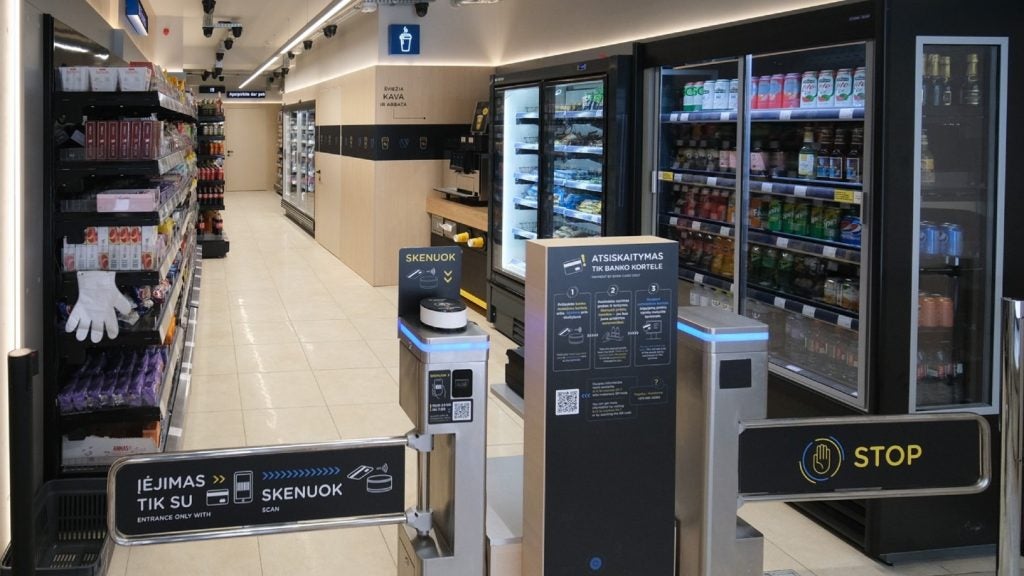
Manufacturing will be the next industry to see significant disruption, but the successful rollout of 5G is vital to making it happen, according to Ericsson CEO Börje Ekholm.
Speaking at the World Economic Forum Annual Meeting in Davos, Switzerland, Ekholm argued that while disruption had so far largely only been a presence in the consumer space, it was now beginning to be felt in industrial fields such as manufacturing.
“So far, most people associate disruption with what has happened in the consumer space, whether it’s the way you deliver streaming services, for example, or financial services for that matter, but we’re now starting to see it moving into the industrial space. And that is, I think, super exciting,” he said.
He gave the example of a new factor Ericsson is currently building in Texas, the US, which will be used to manufacture 5G equipment for the US and Canadian markets.
“We can supply all of the North American demand with only a hundred employees in Texas. So this is going to fundamentally change the way enterprises think about the manufacturing structure,” he said.
“We can manufacture much closer to customers, and we can get much higher flexibility closer to customers. So I think actually, we’re at the brink of a completely new revolution that’s going to happen driven by connectivity.”
How well do you really know your competitors?
Access the most comprehensive Company Profiles on the market, powered by GlobalData. Save hours of research. Gain competitive edge.

Thank you!
Your download email will arrive shortly
Not ready to buy yet? Download a free sample
We are confident about the unique quality of our Company Profiles. However, we want you to make the most beneficial decision for your business, so we offer a free sample that you can download by submitting the below form
By GlobalData5G driving disruption in manufacturing and beyond
Ekholm argued that connectivity was enabling advances in intelligent machinery, particularly in the form of robots and drones, that was driving disruption not only in the manufacturing space, but also in other industries that so far have remained relatively untouched by technology advancements.
“Now we see robots, for example, with battery powered robots, wirelessly connected, that can do a lot of things. We use them in manufacturing, but you can see them in healthcare,” he said.
“You can see drones in a very different way. So I think we’re just at the brink of this whole new opportunity for a lot of entrepreneurs.”
However, at the heart of these advancements is the connectivity to enable such machines to communicate with each other rapidly and with low latency – a role Ekholm sees being filled by 5G.
“5G is super exciting, we think. Connectivity is so critical for whatever we’re going to do: if we talk about AI, or if you talk about public cloud, or if you talk about the edge and future computing, it’s going to be driven by connectivity,” he said.
“So ultimately, we need to be able to connect everything, and now we sit with the technology that’s uniquely appropriate for connecting everything.
“So 5G brings a couple of benefits: 10 times higher speed, 10 times lower latency, and it’s predictable latency, which is equally important.”
In factory settings, he argues that 5G is set to be particularly vital to making much talked about technological advances a reality.
“You’re going to have thousands of sensors in a factory; that requires 5G to be able to connect. It’s also better power management so you get much longer battery life,” he said.
“So all in all, it provides so many benefits that’s going to be a platform for innovation, that’s what we think. You’re going to see a lot of companies leveraging those capabilities and actually driving completely new business models.”
Limits on 5G rollout
However, for all this to happen, the rollout of 5G technology needs to occur, and while this is beginning to happen, Ekholm raised concerns about the barriers that remain.
“We suffer globally from a couple of really big obstacles to rollout fast. So for example, we don’t have spectrum; the frequencies are actually the lifeblood of the industry,” he said.
“If you look here in Europe, about half of the European countries have allocated 5G spectrum. The US, I would say lags a bit behind on allocating 5G spectrum. We need to get that, otherwise there’s not going to be any 5G.”
There is also an issue of red tape surrounding the technology.
“The other part is simple permitting, just to get the permits to roll out the network, which we think is trivial, right, because we take this for granted. But in most countries, it takes two years. So how will we see a fast adoption of a new technology when there are so many structural barriers?” he said.
“I think here we need to overcome those, because I do believe the connectivity is critical for the economy, not only for the Western world, but also for the under-served.
“There is an enormous value in doing this, and there is also a big mistake of not doing it.”
Read more: Traceability: Unlocking nanotechnology’s potential for manufacturing





